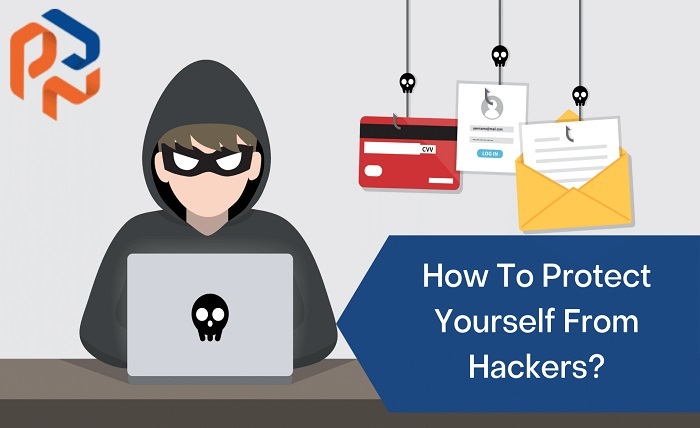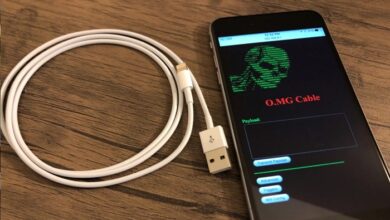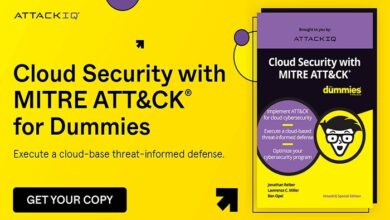
How to Protect Yourself From Fake Hacking Scripts
Fake hacking scripts are a cybercrime involving someone pretending to have hacked your computer. They then try to get you to pay them, usually through a bitcoin wallet.
The goal is to gain access to your files or personal information. They can also spread malware, like ransomware.
Don’t click on links in emails
Phishing emails are one of the fake hacking script that many hackers use to gain access to your financial and personal information. Malicious attachments or websites that download malware onto your device are another way you could get hacked.
Fortunately, you can use Google and Norton tools to help you check if a website is safe before you click on it. These tools work by submitting a website address and comparing it to the list of websites known to be safe when you search them.
This process can reveal if a link is legitimate or not and if it’s a scam. It also shows where the link will take you if you hover over it.
You should never click on a suspicious link in an email. It is because criminals can use these links to install malware on your computer or steal your passwords.
In addition, hackers can spy on you or use the data you give them to steal money from your bank account or a business account. They can even impersonate you and try to infect other people with malware through emails and attachments.
Avoid divulging private information over the phone
When you give out personal information over the phone, you put yourself at risk for identity theft and financial fraud. Thieves can use your information to apply for credit cards, access your bank account, and even get medical care.
Rather than giving out your full name, birthdate, or address over the phone, only share them with people you know and trust. This way, you can ensure they’re legitimate.
The most accessible approach to prevent phone scammers is to stay alert for phishing calls or texts that want your Social Security number and other personal information. Criminals may pretend to be bankers, government representatives, or others to get you to give your personal information over the phone.
Another scam that involves your phone number is when hackers target family members to try and extort money from them. They might say that a loved one is in jail or injured and needs help. They might also request funds to pay for hospital bills or bail money. These scams can be tricky to spot but remember: always be careful when giving out personal information over the phone.
Don’t share personal information on social media
Social media sites are often a target for hackers and scammers. These hackers use the information they find on your social media accounts to spy on you, steal money, or commit fraud.
A common tactic is to send a personal email or text from a fake account that looks like it came from a friend. The message may ask you to click a link or share personal details.
These emails can include links to fake dating websites or apps that collect personal data. They can also contain malware, which can cause your computer to download additional viruses or malicious software.
Never reveal your passwords to anyone you don’t know personally; this is the most excellent method to safeguard yourself from this cyber threat.
Similarly, don’t share your photos on social media. These can reveal information about your past, such as the year you graduated or the cities you’ve lived in. This information can be used to guess passwords and security questions for your bank accounts and retirement funds.
Change your passwords regularly
A password is a secret series of characters that allows you to access your computer or data files. They are essential because they prevent unauthorized access to your information and accounts.
Most computer experts recommend changing your passwords at least once every three months. However, this practice may not be necessary if you use strong and unique passwords for each account.
Passwords should be a mix of nonrepeating letters (upper and lower case), numbers, and special symbols. They should also be complex so they are harder to crack.
Many computer users need to change their passwords regularly, and this can make them less safe. It is because if hackers know your old ones, it will be simpler for them to locate them.
In addition to changing your passwords regularly, you should also change them after a breach of your information. You can do this by using a password manager like LastPass. It will alert you when a password has been exposed in a data breach so you can change it immediately.
Don’t use the same password for multiple accounts
People frequently have multiple accounts for different internet services. These include streaming services, social media sites, and even banking.
Using strong and unique passwords for each one is essential. It will make it much harder for hackers to hack your accounts and steal your personal information.
However, many people still reuse passwords for their different accounts. This is a significant security flaw known to cause massive data breaches and is also one of the main reasons hackers have gotten so good at cracking passwords.
Using the same password for different websites is a practice called password stuffing. It is a dangerous technique because it allows a hacker to use your login details on other websites and steal your passwords for them as well.



